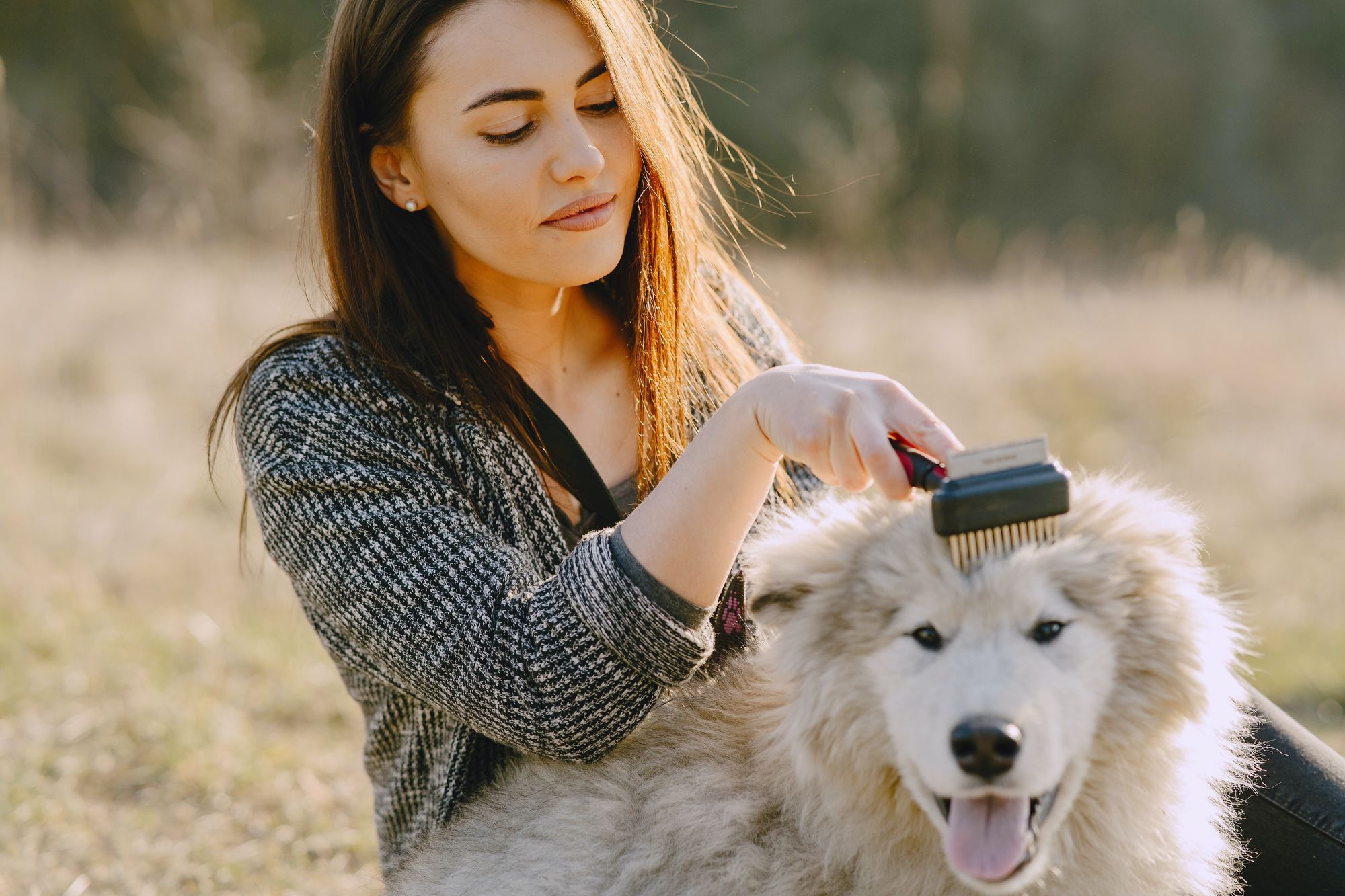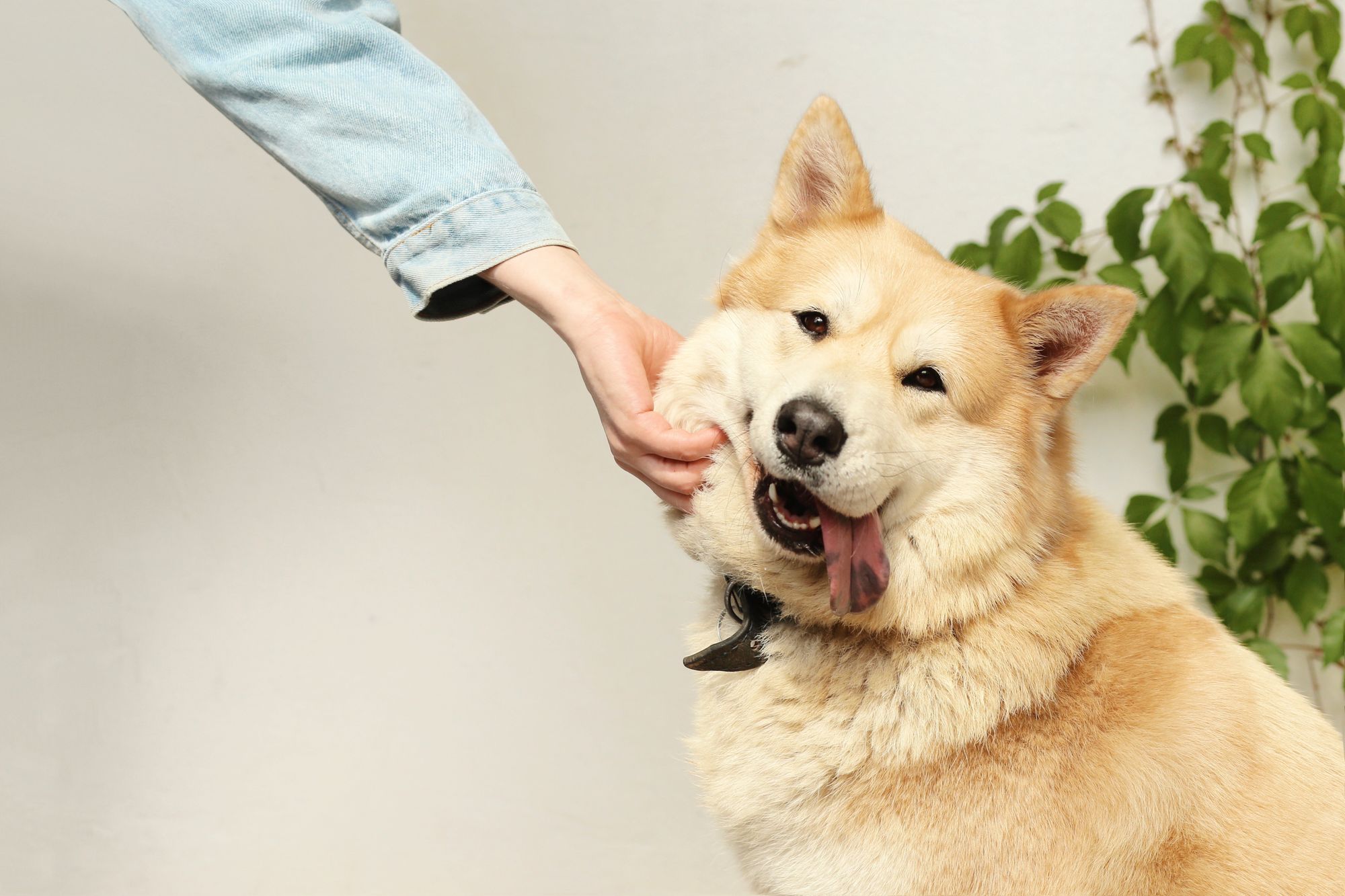If you are a dog lover and are considering starting your own business, owning a home dog daycare business may be an ideal option for you. Running a dog daycare business can be a profitable and fulfilling venture that allows you to spend your days caring for furry friends. In this article, we'll discuss the steps to starting a successful home dog daycare business, the potential profit of a dog daycare business, and how it differs from a dog boarding business.
Why Should You Start Your Own Dog Daycare Business at Home?
Starting a home dog daycare business typically has lower overhead costs compared to using apps like Rover and Wag. You won't have to pay fees or commissions to the app, and you can use your own home as your base of operations, eliminating the need for rent and other associated costs.
Furthermore, by providing quality care and building relationships with your clients, you can establish a strong reputation in your community as a trusted provider of dog care services. This can lead to repeat business and referrals, which can help grow your business over time.
Starting a Dog Daycare Business at Home
Step 1: Determine the Need for a Dog Daycare Business in Your Area

Before you start your home dog daycare business, it's important to research the need for your services in your local area. This includes determining the number of dogs in your community, how many are likely to need daycare services, and the pricing of other similar businesses in the area.
Step 2: Research Local Laws and Regulations

Before you start your home-based dog daycare business, you need to research the laws and regulations in your area. Depending on where you live, there may be zoning laws that regulate home-based businesses, as well as animal care regulations that specify the standards of care for dogs in your care.
Pet number restriction laws in the United States vary from state to state and even city to city. These laws are typically enacted to address issues such as noise complaints, animal welfare concerns, and public safety. Here are some examples of pet number restriction laws in the United States:
- New York City: In New York City, it is illegal to keep more than three dogs and/or cats in a single dwelling unit. This law does not apply to licensed animal shelters, pet shops, or breeding facilities.
- Los Angeles: In Los Angeles, residents can keep up to three dogs and/or cats without a permit. However, if a resident wants to keep more than three animals, they must obtain a permit from the city's Animal Services department.
- Chicago: In Chicago, residents can keep up to five dogs and/or cats in their home without a permit. However, if a resident wants to keep more than five animals, they must obtain a permit from the city's Animal Care and Control department.
It's important to note that these laws can vary depending on the type of animal and the specific circumstances. Other regulatory compliance can include licensing and zoning requirements, so it's always a good idea to research the laws and regulations in your area before starting your home dog daycare business.
Another essential consideration for owning a dog daycare business is liability insurance. While there is dog liability insurance which provides coverage for damages or injuries caused by a dog that you are caring for, you'll also need to think about homeowners insurance in the event that the dog that you are looking after damages your house. There are many potential complications, including the exclusion of homeowners who are using their residential property for business purposes. It is key to iron out your insurance policies before starting a dog daycare business at home.
Step 3: Plan Your Services and Set Your Prices

Once you have determined the need for a dog daycare business in your area, you'll need to decide on the services you'll offer and the prices you'll charge. Common services offered by home dog daycare businesses include:
- Day care
- Overnight boarding
- Grooming
- Training
- Pet transportation.
You'll want to research the prices of similar services in your area and create a pricing structure that is competitive.
To differentiate your home dog daycare business from your competitors, you may even choose to specialise your services or dive into a specific niche. Some of the ways to distinguish your dog daycare business include offering:
- Care for small dog breeds and/or puppies
- Care for senior dogs
- Care for dogs with separation anxiety
- Flexible scheduling
- Pickup and drop-off services
- Playgroups with other dogs
- Webcam or video call access for owners to check in on their dogs
- Eco-friendly options for environmentally-conscious owners
- Dog hiking services
Bonus: Invest in Dog Care Certification Programs
You should also think about getting certified in the dog care industry. It can help you stand out in a competitive dog daycare marker, improve your skills and knowledge as a dog daycare business owner, and build trust and credibility with your clients
There are several dog care certification programs available in the United States which are designed to provide education and training to individuals who want to work with dogs or own a dog-related business, such as a dog daycare, grooming salon, or training facility.
Here are a few examples of dog care certification programs in the United States:
- Certified Professional Dog Trainer (CPDT-KA) - This certification program is offered by the Certification Council for Professional Dog Trainers (CCPDT). It requires applicants to have a certain amount of experience working with dogs and to pass a written exam.
- Certified Dog Behavior Consultant (CDBC) - This certification program is also offered by the CCPDT and requires applicants to have a certain amount of education and experience in dog behavior consulting, as well as pass a written exam.
- International Boarding and Pet Services Association (IBPSA) Certification - This certification program is offered by the IBPSA and provides training and education for individuals who work in the pet care industry, including dog daycare, boarding, and grooming.
- National Dog Groomers Association of America (NDGAA) Certification - This certification program is offered by the NDGAA and provides education and training for individuals who want to become professional dog groomers.
These are just a few examples of the many dog care certification programs available in the United States. It's important to research the different programs and their requirements to find the best fit for your home dog daycare business goals and experience level.
Step 4: Set Up Your Home Dog Daycare Business Space

After you've determined your services and prices, you'll need to create a suitable space for your home dog daycare business. This can include converting a room in your home, building a separate structure, or utilizing your backyard. You'll need to ensure that there is ample space, proper ventilation, and adequate safety measures, such as fences, gates, and kennels. In addition, you'll need to have amenities such as play areas (whether indoor or outdoor), toys, and comfortable bedding to keep dogs comfortable in your care.
Step 5: Purchase Necessary Equipment and Supplies

To run a successful home dog daycare business, you'll need to invest in the right equipment and supplies. This may include kennels or crates, play equipment, bedding, cleaning supplies, and dog food and treats. You may also need to purchase a vehicle for pet transportation if you offer that service.
Step 6: Hire Staff & Setup Financial Procedures

As your business grows, you may need to hire staff to help you care for the dogs in your daycare. It's important to hire experienced and qualified staff who love dogs and are committed to providing high-quality care. You'll also need to train them properly in your business policies, safety procedures, and dog handling techniques.
You should also setup policies and procedures for handling financial transactions and record-keeping. It can help ensure accurate record-keeping, prevent fraud, demonstrate professionalism and credibility, and streamline operations. In the long-run, this will protect your business reputation and allow you to make informed decisions about the future of your business.
Step 8: Providing Excellent Customer Service

Communication is key to building strong relationships with clients. Make sure to communicate regularly with clients, both in person and through email or text messages. Keep them updated on their dog's activities and any issues that arise.
You should also strive to provide excellent customer service by being responsive to client inquiries and concerns, going the extra mile to meet their needs, and treating them with respect and kindness.
Lastly, ask clients for feedback on their experience with your business and use this feedback to improve your services. Encourage them to leave reviews on your website, social media, or other online platforms to help build your reputation.
Bonus: Setting up a Second Phone Number For Your Home Dog Daycare Business
Running a dog daycare business can be demanding, and it often requires constant communication with clients, employees, and other stakeholders. Getting a second phone number for your dog daycare business can help you appear more professional, maintain privacy, stay organized, improve marketing efforts, and be cost-effective. With apps like Phoner that give you instant access to a second phone number from your device, you can run your business more efficiently and effectively.
Step 7: Market Your Home Dog Daycare Business

Marketing your home dog daycare business is essential to attract potential clients and build a successful business. Here are some effective ways to market your home dog daycare business:
- Create a website: A website is a must-have for any business. It provides a platform for potential clients to learn more about your business, services, and policies. Make sure your website is mobile-friendly, easy to navigate, and includes high-quality images of your facilities and dogs.
- Leverage social media: Social media is a powerful tool for marketing your home dog daycare business. Create social media accounts on platforms such as Facebook, Instagram, and Twitter, and post regular updates about your services, clients, and dogs. Use hashtags to increase visibility and engagement.
- Word of mouth: Word of mouth is still one of the most effective marketing strategies. Encourage your existing clients to refer their friends and family to your business. You can offer incentives such as discounts or free services for referrals.
- Attend community events: Attend local events such as pet expos, adoption events, and dog shows. Set up a booth to showcase your services and hand out business cards and flyers.
- Offer promotions: Offer promotions such as discounts or free services for first-time clients. This can attract new clients and encourage repeat business.
- Collaborate with local businesses: Partner with other local businesses such as pet stores or veterinary clinics to cross-promote services. You can offer their clients a discount on your services and vice versa.
- Advertise: Consider advertising your business in local newspapers, magazines, or on local radio or television stations. You can also advertise online using platforms such as Google Ads or Facebook Ads.
Remember, when marketing your home dog daycare business, it is important to highlight your unique selling points, such as your experience, qualifications, and the personalized care you offer. Make sure to provide excellent customer service, respond promptly to inquiries, and treat every client and dog with the utmost care and attention.
How Profitable is a Dog Daycare Business?
The potential profit of a home dog daycare business can vary based on the number of dogs in your care, the services you offer, and your pricing. According to a 2019 report by IBISWorld, the dog daycare industry has an annual revenue of $8 billion, with an annual growth rate of 7.6%. Home dog daycare businesses can offer a lower price point than traditional dog boarding businesses, which can make them more attractive to pet owners. However, it's important to remember that starting a business can be expensive, with initial investments required for equipment, supplies, and marketing.
The potential profit of a home dog daycare business can vary based on the number of dogs in your care, the services you offer, and your pricing. With the rise in popularity of apps like Rover and Wag, you can easily sign up and get an idea of what others are charging in your area, which may range from 25 to 75 dollars a day, depending on where you are located.
What is The Difference Between a Dog Daycare Business and a Dog Boarding Business?
Dog daycare businesses typically provide care for dogs during the day while their owners are at work or otherwise occupied. The dogs typically stay for a few hours or the whole day, and the business provides a safe and supervised environment for them to play, socialize, and receive attention and care. Some dog daycare businesses may also offer additional services like training or grooming.
Dog boarding businesses, on the other hand, provide care for dogs overnight or for extended periods of time while their owners are away. This may include feeding, exercising, and providing a comfortable and safe place for the dogs to stay. Boarding businesses may also offer additional services like grooming or training, depending on their business model.
While there may be some overlap between the two, the main difference between a dog daycare business and a dog boarding business is the length of time that the dogs are in the care of the business. Dog daycare is typically a shorter-term option for owners who need care for their dogs during the day, while dog boarding is a longer-term option for owners who are going out of town or otherwise unable to care for their dogs for an extended period of time.
Regardless of whether you choose to start a dog daycare or dog boarding business, both require a love of dogs, a dedication to their care and safety, and a willingness to provide exceptional service to clients.
Conclusion
It's time to start your own dog daycare business at home! If you're a dog lover looking for a fun and rewarding business opportunity, starting a home-based dog daycare could be the perfect fit for you. You'll get to spend your days surrounded by adorable pups, providing them with a safe and loving environment while their owners are away. Plus, with the rising demand for pet care services, you'll have the opportunity to make a profit doing something you love.

 4.5/5 on App Store
4.5/5 on App Store





